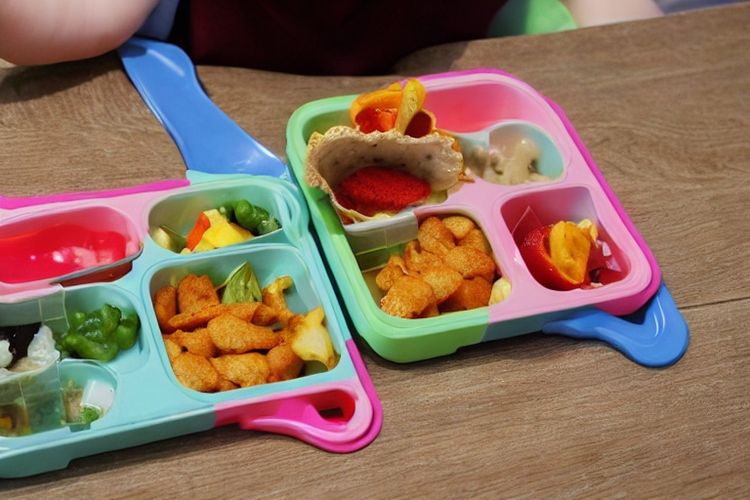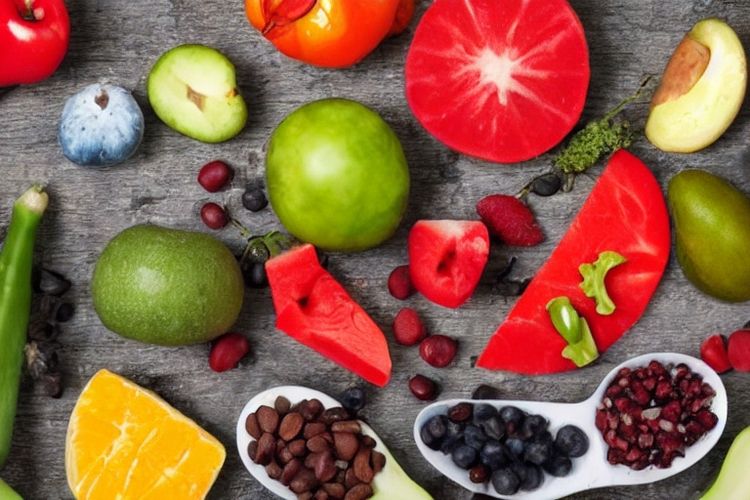Exploring the Importance of Personal Diet and Nutrition in Grade 7 Life Orientation
Exploring the Importance of Personal Diet and Nutrition in Grade 7 Life Orientation
Life Orientation, a subject specifically designed to equip students with the necessary skills for everyday life, often includes lessons on personal diet and nutrition. As students enter Grade 7, they are at a crucial stage in their development, and educating them about the importance of a healthy diet and nutrition can have a significant impact on their overall well-being.
Adolescence is a time marked by rapid growth and development, both physically and mentally. Proper nutrition is vital during this stage as it provides the necessary fuel for growth and supports cognitive function. By teaching students about the importance of a balanced diet early on, we set them up for a lifetime of healthy habits.
One of the key reasons why personal diet and nutrition are emphasized in Life Orientation is to address the rising rates of childhood obesity and related health problems. According to the World Health Organization (WHO), childhood obesity has increased exponentially in the past few decades, putting young people at risk of developing chronic conditions such as diabetes, heart disease, and certain types of cancer later in life. By educating students about the importance of a healthy diet, we empower them to make informed choices for their own well-being.
Furthermore, a balanced diet has a direct impact on a student’s academic performance. Studies have shown that children who consume a nutritious diet consisting of fruits, vegetables, whole grains, and lean proteins have improved cognitive function, better concentration, and enhanced memory. By incorporating lessons on personal diet and nutrition into Life Orientation, educators can help students optimize their academic potential.
Life Orientation classes allow students to explore various aspects of personal diet and nutrition. They learn about the different food groups, the importance of each nutrient, and how certain foods help support their overall health. These classes also teach students how to read food labels, plan meals, and make healthier choices when eating out. By providing students with the knowledge and skills necessary to make informed decisions, we empower them to take control of their own health.
Moreover, personal diet and nutrition lessons contribute to the holistic development of students. By understanding the link between food and mood, they learn how certain nutrients can impact their mental well-being. This knowledge can help them establish a healthy relationship with food, avoid unhealthy habits like emotional eating, and improve their overall mental resilience.
In conclusion, personal diet and nutrition play a crucial role in shaping the well-being of Grade 7 students. By including these topics in Life Orientation classes, educators can equip students with the necessary knowledge and skills to make informed choices about their diet. This education not only supports their physical growth and academic performance but also promotes a holistic approach to their overall well-being. By investing in their health today, we lay the foundation for a healthier future generation.



